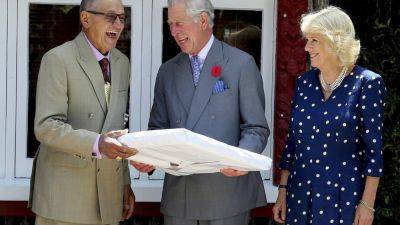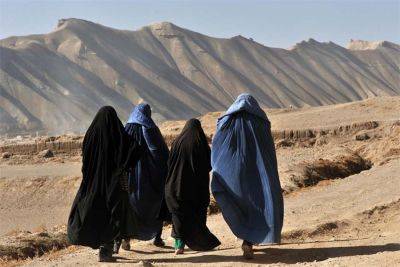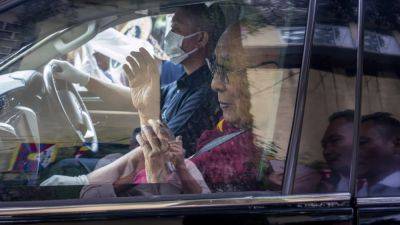Kiingi Tuheitia, King of the Maori in New Zealand, Dies at 69
Kiingi Tuheitia, the Maori king, who called for unity among New Zealand’s Indigenous tribes during his 18 years on the throne, died on Friday. He was 69.
His death was announced on social media by the Kiingitanga, or the Maori King Movement. No cause was given. The king had been in a hospital recovering from heart surgery, the Kiingitanga said.
“The death of Kiingi Tuheitia is a moment of great sadness for followers of Te Kiingitanga, Maoridom and the entire nation,” Rahui Papa, a spokesman for the Kiingitanga, said in a statement. In the Maori language, he called the king a chief who had passed to the great beyond.
Radio New Zealand, a public broadcaster, reported that all public buildings would fly the country’s flag at half-staff. Prime Minister Christopher Luxon praised the king’s “unwavering commitment to his people and his tireless efforts to uphold the values and traditions of the Kiingitanga.”
The Maori monarchy is a symbolic one, established in 1858 to unite Maori tribes against the threat of colonialism, according to New Zealand’s Ministry for Culture and Heritage. Kiingi Tuheitia, whose full name was Kiingi Tuheitia Pootatau Te Wherowhero VII, was the seventh monarch, having succeeded his mother, Queen Dame Te Atairangikaahu, after her death in 2006.
As of November 2022, there were estimated to be 892,200 Maori in New Zealand, amounting to 17.4 percent of the population, according to government figures.
When Mr. Luxon’s conservative government was elected last year, many Maori were alarmed because some of its leaders had proposed rolling back pro-Maori policies, like widespread official use of the Maori language. Kiingi Tuheitia hosted a national meeting for Maori to hold the “coalition government to account,”







